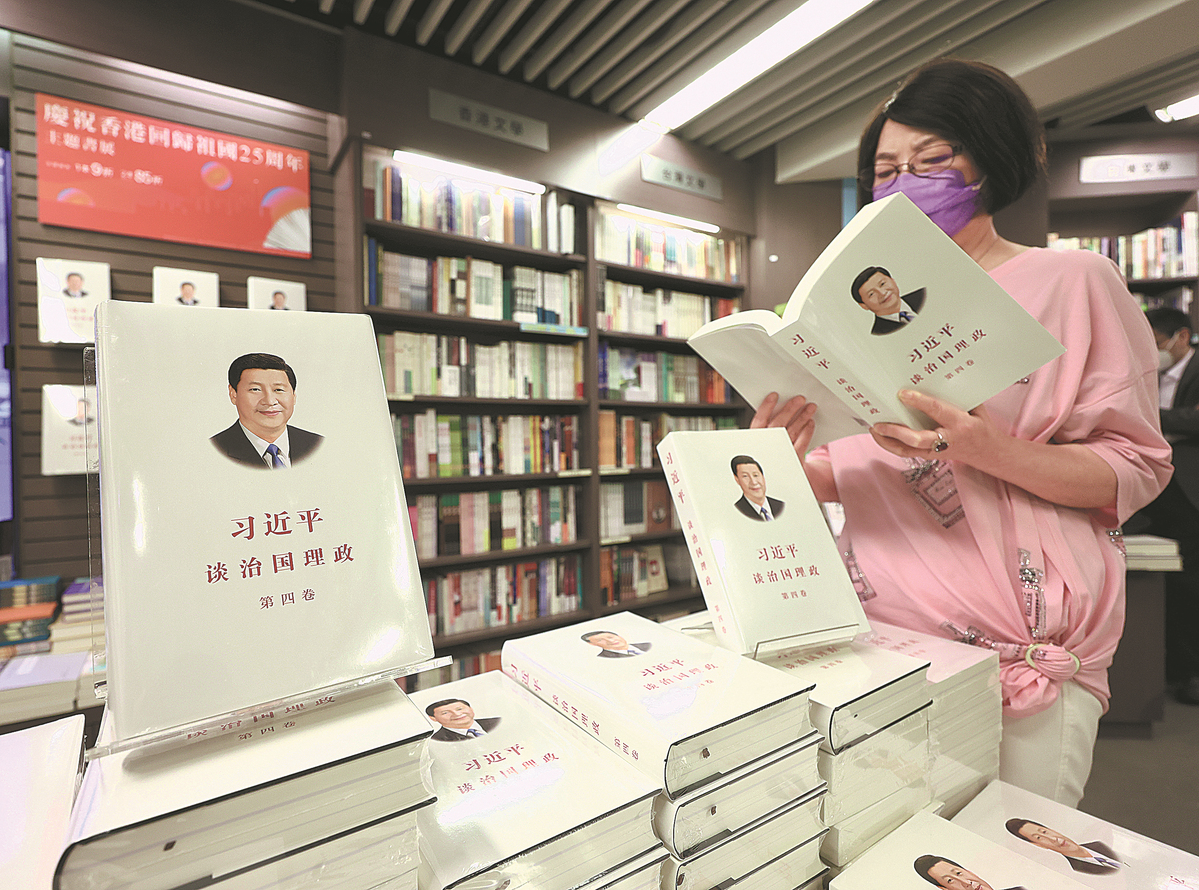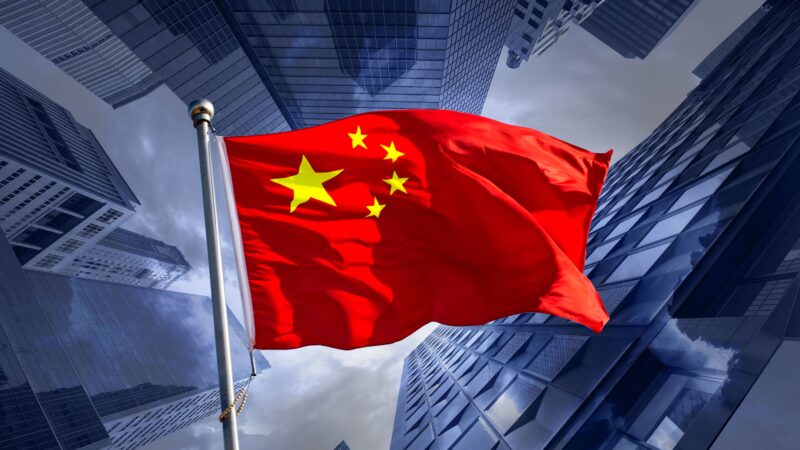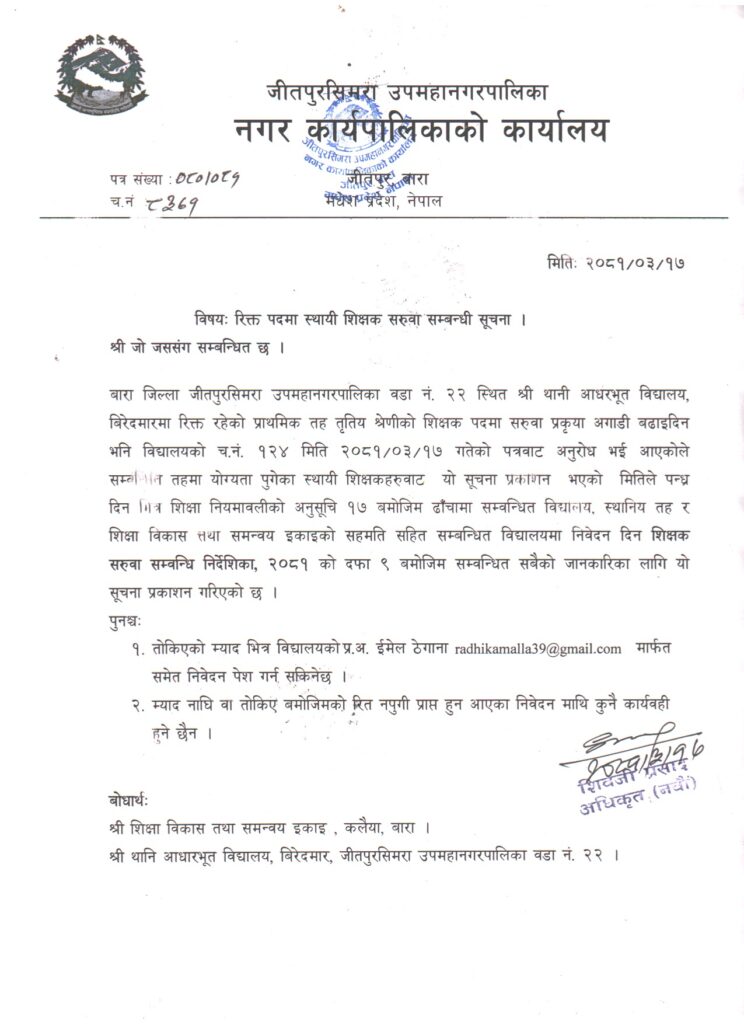
Xi Jinping’s The Governance of China is a call for global cooperation
The fourth volume of “Xi Jinping: The Governance of China,” which contains a compilation of 109 articles of President Xi is an explanatory details of Chinese dreams that are truly instrumental for global cooperation and shared future for the mankind.
Among many sections in the book, a section entitled “A Global Community of Shared Future” is crucial for maintaining global peace and stability, development, sustainable development and collaboration. However, the other sections in the book typically raise the concerns of global governance and multilateralism, high quality BRI cooperation, socialist rule of law and many others. Xi Jinping has stressed the importance of multilateralism and diplomacy in solving global problems. He has called for a rules-based international order and peaceful resolution of conflicts. It’s worth noting that the messaging and priorities of political leaders can evolve over time.

He has stressed the need of promoting multilateralism several times in his speeches as well. The reason behind his call is obvious as the US and some countries have promoted protectionist measures in trade and business while imposing embargo in several goods. At a point in this book, Xi says “We must practice true multilateralism and oppose actions that use spurious rules as a pretext to undermine the international order and cause confrontation and division. We should boost mutually beneficial cooperation, remove barriers that impede trade, investment and technological exchanges, and promote inclusive development that delivers benefits to all.”
In his book, Xi has called the global community to work together to protect the lives and health of all; strengthen cooperation among world political parties to benefit the people, protect the earth for achieving sustainable development and other proposals too. But it is noteworthy that the world had not experienced such economic crisis and other humanitarian crises that they are visible now.
For the global prosperity, President Xi has reiterated his stance for Community of Common Destiny which suggests that nations, irrespective of their ideologies and governance system, to work together to address global challenges and promote shared prosperity. In his book, Xi emphasizes the interdependence of nations and the need for cooperation rather than confrontation. “We should pursue cooperation on the basis of equality and dissolve differences with mutual respect because this is essential to delivering economic development and prosperity in our region,” Xi mentions in page no. 489 of his book calling for prosperity in the Asia-Pacific Region.
Also for economic cooperation, Xi has called for responding to the special needs of women and other groups and support micro, small and medium-sized enterprises (MSMEs) adding that such efforts will contribute to inclusive and sustainable growth.
Furthermore, Xi has highlighted the role of CPC and the party’s commitment to shoulder the responsibilities. “The CPC will willing to contribute more Chinese solutions and Chinese strength to the poverty reduction process worldwide.”
More importantly, the book needs a Marxist interpretation. The Marxist reading of the book would assess how Xi’s governance and policies align with or diverge from Marxist ideology. And they seem to be very pro-people and uplifting the have-nots while bringing about massive transformation in the mode of production in the society. With the CPC’s rule, the state-owned enterprises, market reforms, and private sector development aligns with Marxist ideas about the means of production and economic organization. It’s important to note that Marxism is a complex and evolving ideology, and interpretations of its application can vary. Additionally, Xi Jinping’s policies and governance may be influenced by a combination of political, economic, and cultural factors. A Marxist analysis of his book would seek to identify areas where his policies align with or diverge from traditional Marxist principles and the extent to which they reflect the particular context of contemporary China. Likewise, social classes, especially the working class, have enjoyed massively as envisioned by Marx. And the successful poverty reduction drive is the best example of this.

The foreign policies of China under the leadership of Xi are non-interfering, non-expansionist and believe in the equal treatment of the countries irrespective of their size and geography. Through a Marxist lens, Xi’s book has truly captured this essence and deserves respect for supporting the other countries and their sovereignty.
In nutshell, the book is a global commitment made from the supreme political leadership of China; call for global cooperation from Xi and for joint efforts in addressing the global challenges including climate change impacts, financing gaps, underdevelopment, unhealthy competition and protectionism among others.
Also, President Xi’s book has shared a strong message to the world community that how a communist party is capable of resolving such serious challenges though the communist movement across the world is in defensive move. This is because we should understand that what China has achieved today in the past 75 years is all due to the selfless sacrifices of CPC and its leadership. So, the book has lured everyone from Asia to the Africa to delve into the communist party’s modus operandi to bring about changes in the status quo.
Sharma, a Fudan University Graduate, is an Economist.









